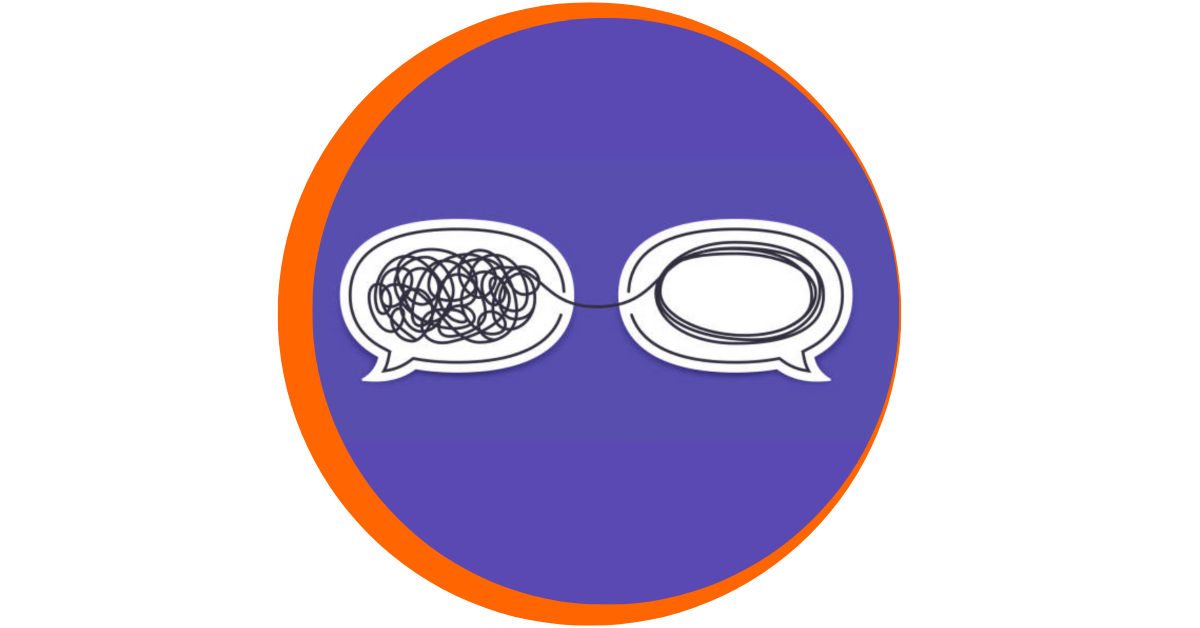Discover Your Communication Style
Expressive
Reserved
Direct
Harmonious
A Few Tips For Getting Accurate Results
Our proprietary assessment and algorithm cover the most relevant communication behaviors that shape our communication style at work. Read through each statement and answer based upon how you communicate most often with people at work. Use your everyday interactions as your guideposts, since they’re more reflective of your style than, say, high pressure situations or times when you’re “on.”
It’s also helpful to take the assessment when you’re in a positive mindset. When we’re feeling good, we’re able to see ourselves more objectively. And when we’re stressed, or feeling down, we’re much more critical of ourselves. So, stay aware of your thoughts and emotions as you answer the questions to make sure you’re seeing yourself clearly.
NOTE: Once you’ve completed the Style Assessment, your results will appear. We do not store your results, so please take note of them.

Communication Style Assessment |
Please check a box in each row to show well the two phrases describe how you communicate and interact with fellow workers. Be careful not to skip any questions or no results will appear.
| Much More This |
About Equal |
Much More This |
||||
| I feel my colleagues trust me because I get things done | I feel my colleagues trust me because I am sincere and honest | |||||
| I will just sit back if tensions arise | I actively try to defuse tensions that arise | |||||
| I have limited patience trying to accomplish things in teams | I enjoy working as part of a team | |||||
| I usually defer to the opinions of my bosses | I am comfortable challenging the opinions of my bosses | |||||
| I prefer to be on a work team that gets along very well together | I prefer to be on a work team that consistently gets things done | |||||
| I prefer to reach decisions as part of a collaborative process | I prefer to reach decisions on my own | |||||
| I will move to end a discussion if it seems to be wandering | I don’t try to control the flow of discussions | |||||
| I enjoy some “small talk” at work | I think “small talk” is a waste of time at work | |||||
| I am interested in the personal lives of my co-workers | I feel the personal lives of my co-workers are their business | |||||
| Much More This |
About Equal |
Much More This |
||||
| I help my co-workers by challenging and critiquing them | I make a point of supporting and encouraging my co-workers | |||||
| I am guarded with my own opinions | I speak openly about my own opinions | |||||
| I express my emotions openly | I am guarded about expressing my emotions | |||||
| I often do/say things spontaneously | I am quite deliberate about what I say and do | |||||
| I prefer business-like, formal language | I prefer casual, conversational language | |||||
| I prefer just get to the point | I find it helpful to share stories, even if they take a while | |||||
| I feel that sharing the occasional joke or humor is good for the team | I feel that jokes or humor just distract from the business to be done | |||||
| I most want to be well-liked by my co-workers | I most want to be respected by my co-workers for my skills and knowledge | |||||
| I am better at building relationships with people | I am better at giving direction for what others should do |
If nothing displays, please be sure you have answered all the questions.
Your primary communication style is:
Your secondary communication style is:
©2025 Conscious Company
Ideas to Elevate
Here’s A Glimpse Into Each Style
-

Expressive
Collaborative • Open • Assertive • Perceptive • Curious
Expressives are the most outgoing, talkative, and open of all styles. They like to make personal connections, work in teams, and build close working relationships. They’re known for being lighthearted and infusing fun into work. They can be quite charming and excel at bringing people together.
When stress is high and self-awareness is low, Expressives tend to dominate the conversation, intimidate others, and fail to listen. They can get bored easily and become disruptive. This tends to (beyond) frustrate styles that value staying on task and being respectful when someone is talking.
They represent the largest style group –37% of the population.
-

Reserved
Confident • Connector • Private • Professional • Personable
People with a Reserved style are confident in their abilities and the most comfortable of all the styles in forming an opinion in the moment. They like to have influence and help to direct the outcome, but they do not want the responsibility of making the final call. They value their privacy and like to keep conversations on a professional level.
When stress is high, they withdraw and disengage from interactions. They simply don’t want to deal with people––they want to focus on getting the work done. Conversations become transactional; they rarely let people know what they’re really feeling. This can make it difficult to build trust with styles that value openness and transparency.
They represent 25% of the population.
-

Direct
Responsible • Focused • Thorough • Candid • Independent
The Direct style values communication that’s substantive, brief, and produces results. They are known for diving right into the conversation and keeping everyone focused on the work at hand. They communicate at a pace that advances the conversation at a solid clip. They thrive on achievement and assume responsibility for keeping people on task.
When they’re under stress and self-awareness is low, they can be blunt and bulldoze over people to clear a path to productivity. They have absolutely no patience for small talk or tangents, and won’t hesitate to rein in the conversation. This behavior damages trust, especially with styles that value respect and team connections.
The Direct style represents 22% of the population.
-

Harmonious
Caring • Patient • Cooperative • Judicious • Agreeable
Harmonious people are natural diplomats. They value building strong working relationships and steer clear of conflict whenever possible. While other styles have a need to shape the conversation, they do not. They are happy to listen and look for common ground. They enjoy staying on good terms and are often the reason people work well together.
When the Harmonious style feels overwhelmed by stress, conflict, or strong personalities, they will quickly defer, withdraw, or shut down. They take the go-along to get along the approach to protect their relationships, but this can backfire and annoy styles who expect you to provide your perspective or push back in ways that makes things better.
The Harmonious style represents 16% of the population.
You’ve Discovered Your Communication Style. Now what?
A Few Ideas to Elevate the Way You Communicate





